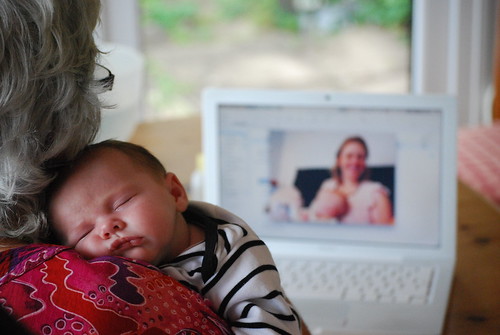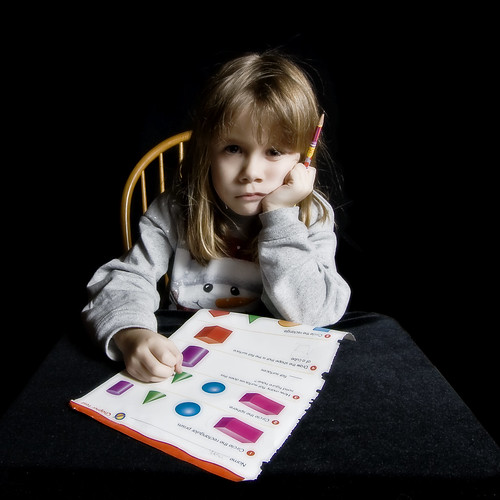 albertogp123 via Compfight cc
albertogp123 via Compfight cc"Does the rise in IQ scores over the past century mean people are getting smarter? Since the beginning of the twentieth century, IQ scores around the world have been increasing at a rate of around three points per decade, leaving intelligence researchers puzzling over whether historical gains in IQ—known as the “Flynn effect”—reflect an increase in general intelligence or something else, be it better education, better nutrition or even bigger brains. A new paper published in the journal Learning and Individual Differences (2014) may have the answer: We’re getting better at taking tests.
People today are not only staying in school longer, the authors point out, but are more than ever taught to the test: Students are trained in test-taking strategies and heuristics that, according to the paper, can be applied to IQ-type problems. “People are exposed to the formats of tests all the time—they are able to detect certain regularities, and they are able to exploit those regularities,” said Michael Woodley, one of the paper’s co-authors, in an interview over Skype. “You were probably taught in school, for instance, to guess on multiple choice tests.” Even outside the classroom, increasing exposure—often online—to cognitive games like Sudoku, Bridge and Go mean that people are more familiar with IQ-type problems when they sit down to an IQ test. “We live in a more cognitively intense environment than ever,” said Woodley."
http://www.newrepublic.com/article/115787/rising-iq-scores-dont-mean-greater-intelligence


































